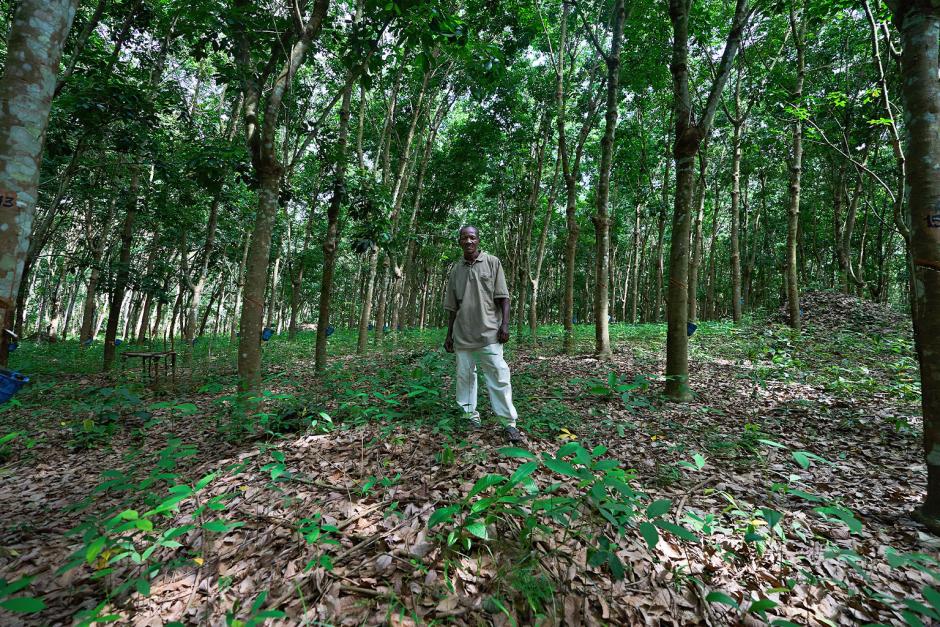Sign up today and be a part of our collective efforts for human rights and justice:
ESCR-Net NewsletterSubscribe to our general newsletter for updates on our initiatives addressing critical issues such as the climate crisis, advancing debt justice, centering care in political agendas, strategies to regulate corporate power and stop corporate capture of decision-making spaces, and the protection of human rights defenders. Stay informed on how we tackle these pressing challenges globally.
Justice Newsletter
Receive the latest news on litigation efforts and cases concerning economic, social, and cultural rights in international, regional, and national courts. Our Justice Newsletter keeps you informed of significant legal developments and advocacy in the fight for justice.
General Discussion List
Join our moderated general listserv at general@escr-net.org, a platform for members and allies to share human rights-related information, campaigns, and events. Engage with our community by posing questions, seeking input and solidarity, and sharing resources. To subscribe, please get in touch with communications@escr-net.org.




